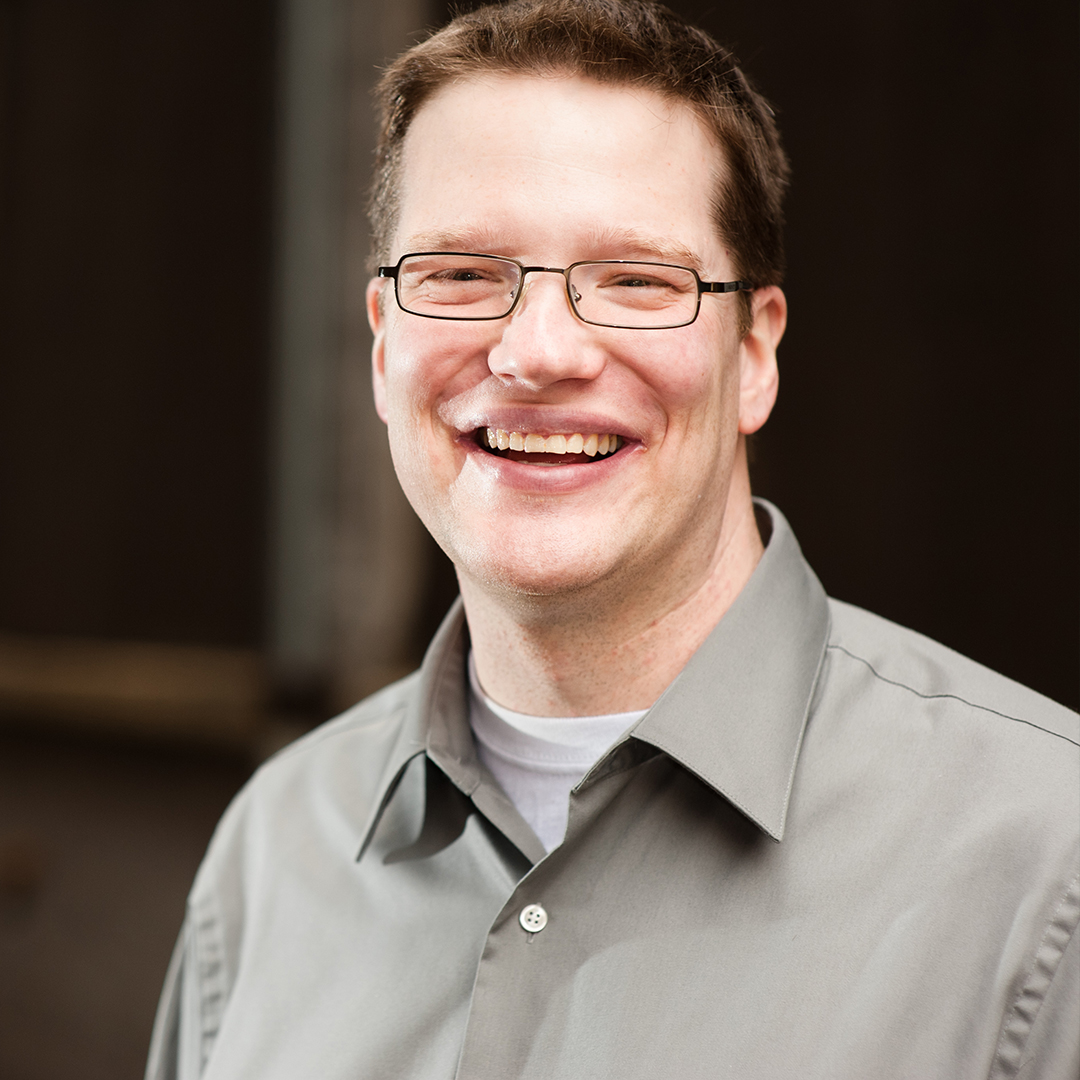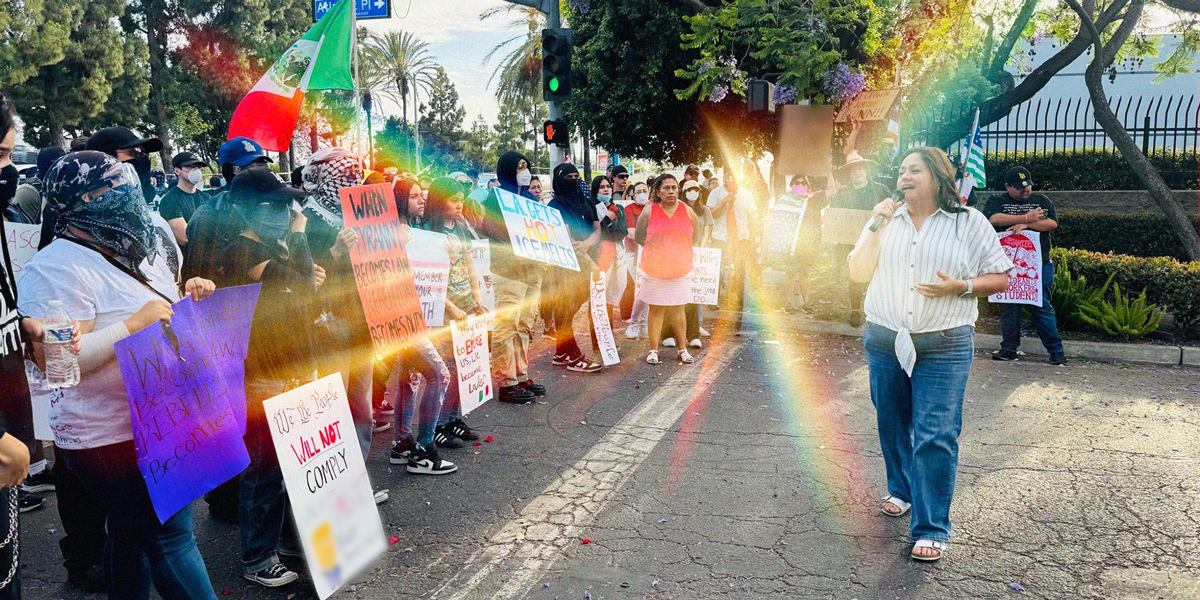By Jeff Finley
We live in a polarized society where perspectives vary widely on current events, and churches are not immune to cultural influences and political divisions. Some people even debate whether they or others around them are “being political.”
In a new episode of “The Light + Life Podcast” featuring the Free Methodist Church USA Board of Bishops and host Brett Heintzman, Bishop Keith Cowart said he has “begun to sense that what political now means in this day and time is ‘I don’t agree with your view.’ In other words, ‘if you’re standing for something I agree with, it’s not political. But if your view on it is different than mine, it’s political.’”
_
“We will share the burden. There is such a weight to this.”— Bishop Kenny Martin
_
Since the days of Jesus walking the earth with His disciples, Christians have been considering their roles as citizens of God’s kingdom and their earthly nation.
“The church has shown that it’s often been a challenge not to conflate a nation or the worldly kingdom they live in with the kingdom of God,” Bishop Kaye Kolde said. “This is still true. We struggle to discern: How do we respond to these things as the church or as a follower of Jesus? We love our country, but our first loyalty and our obedience needs to be to Jesus and His kingdom.”
Bishop Kenny Martin noted that Free Methodists “say we are kingdom people, but we are a tribe that is so diverse.” Unlike some denominations that lean almost exclusively to one side or the other of the political spectrum, “we have those who are way to the right and way to the left, but we’re still the family, and so that’s the tension and the challenge that we face.”
Thankfully, we have Scripture to guide us.
“We focus on the Word of God as kingdom people,” Martin said. “We focus on the cross, and we focus on Christ. We focus on what Christ has called us to be and to do, so I’m excited to be a part of this family.”
_
“We as Free Methodists are rooted in a caring concern for the marginalized and those who are weak and vulnerable.”— Bishop Kaye Kolde
_
Intersecting Values?
Heintzman asked the bishops, “Where does Scripture intersect with the kinds of things we have valued as Americans in our democracy?”
Kolde noted that Americans have valued free speech and freedom of assembly as far back as the Boston Tea Party, and “those are the freedoms that have protected the weak and the vulnerable, and we as Free Methodists are rooted in a caring concern for the marginalized and those who are weak and vulnerable. … Jesus spoke to us over and over again about how we would actually minister to Him when we are ministering to those vulnerable people.”
Martin also pointed to Matthew 25:35, which he said “takes us to another level of living out the Scriptures in a practical way.” Martin said that later in the same week of the podcast recording, he would be inviting people to his home to listen to their perspectives on immigration and “every struggle they might be going through.”
Cowart said, “When you look at our nation historically, it’s a mixed bag. On the one hand, there’s no question that the founders of our nation valued certain scriptural principles, and the United States has benefited from that greatly. … One of those is generosity and a willingness to help others in need around the globe. Historically, the U.S. has been the most generous nation in the world when it comes to helping people in need, responding to crises, responding to situations.”
The “mixed bag” includes materialism along with individualism, which Alexis de Tocqueville — a French diplomat and historian who wrote extensively about the United States after visiting in the early 1830s — considered the leading American value.
“Biblically, there’s much more of a sense of community and responsibility for one another that honestly, as Americans, we don’t often get,” Cowart said. “We do think of our own personal rights often before we think of protecting the rights of others.”
_
“We cannot be a people of God — we can’t be filled with His Spirit — and not care about the things that He cares about.”— Bishop Keith Cowart
_
Speaking Out
When asked why Free Methodists are speaking out about the current immigration situation in the United States, Martin replied that along with speaking out, “we should weep. We should care, and so we’ve got to do more than a statement. We’ve got to do more than a podcast. They need to hear our heart. … We will share the burden. There is such a weight to this.”
Cowart said that while we acknowledge complexities regarding immigration issues, “God’s Word is so clear on so many issues that are related to this.” He referenced the Imago Dei, “that the image of God is in every person. It starts there that God desires that all would come to know Him and be saved.” He added that the Bible includes “constant references to God’s heart for the vulnerable, for the widows, the orphans, the poor, the oppressed. We cannot be a people of God — we can’t be filled with His Spirit — and not care about the things that He cares about.”
Some people may describe support for immigrants as “the Free Methodist Church changing,” but Kolde said the “understanding of how we love the foreigner and the refugee as well as the widow and the fatherless, this is nothing new for the Free Methodist Church, and, honestly, it’s nothing new for the historic Christian church. … With administering the sacraments and making disciples as the central call of the church, that is not dependent on one’s citizenship in a nation. It’s based on faith and a commitment to Jesus Christ, and so we have to acknowledge that we’re not excluding people from the church based on their nationality or their status.”
When asked about an overall stigma against immigrants along with some people groups being considered a threat, Kolde said she lets people know about “brothers and sisters who are Free Methodist Church members who are not in any way the kind of threat that is often projected onto them.”
Cowart said, “We have to get to know people who are immigrants — people who are here from other countries.” While some people tell him immigration enforcement only affects criminals, Cowart said he personally knows people facing deportation despite being in the United States legally.
Martin agreed that we need to have “this real talk” and make people aware that immigration enforcement is “not just going after criminals.” He also noted “the power of media” — especially for some church members who leave the television on all day in their homes.
Cowart said we should “compare how much time we spend in the Word of God to how much time we spend listening to whatever our favorite news source is.”
Kolde echoed the call for people to “sit in the Word and listen to the Spirit and how God is calling them to respond. Not every one of us will have the same response. We are not telling everyone ‘you need to respond and act in this way,’ because the Spirit will lead us to different people and places and ways in which we can actually love our neighbor in real time and be a part of glorifying God in how the church is a witness in the world.”
Click here for the full conversation on “The Light + Life Podcast.”
+

Jeff Finley is this magazine’s executive editor. He joined the Light + Life team in 2011 after a dozen years of reporting and editing for Sun-Times Media. He is a member of John Wesley Free Methodist Church in Indianapolis. He and his wife, Wabash and New South Conference Superintendent Jen Finley, are the parents of a teen son. Jeff has a bachelor’s degree in English from Greenville University and a master’s degree in public affairs reporting from the University of Illinois with additional graduate studies in journalism at Southern Illinois University. He serves on the boards of the Greenville University Alumni Association, Friends of Immanuel and Gene R. Alston Memorial Foundation.










